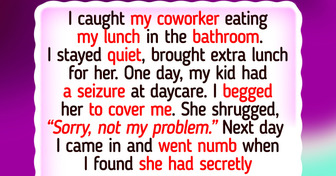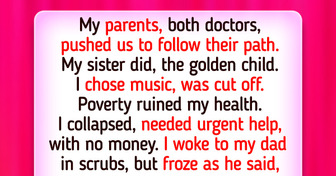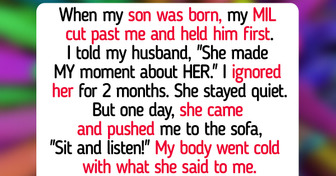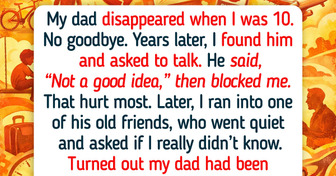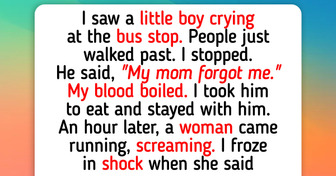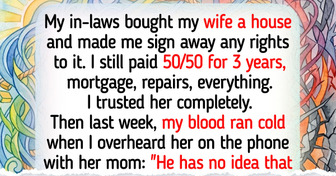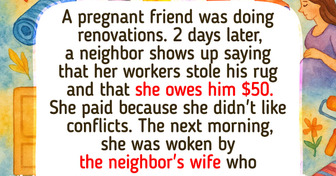10 Stories Where Kindness Made People Human Again
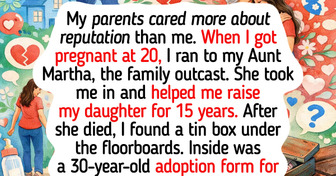
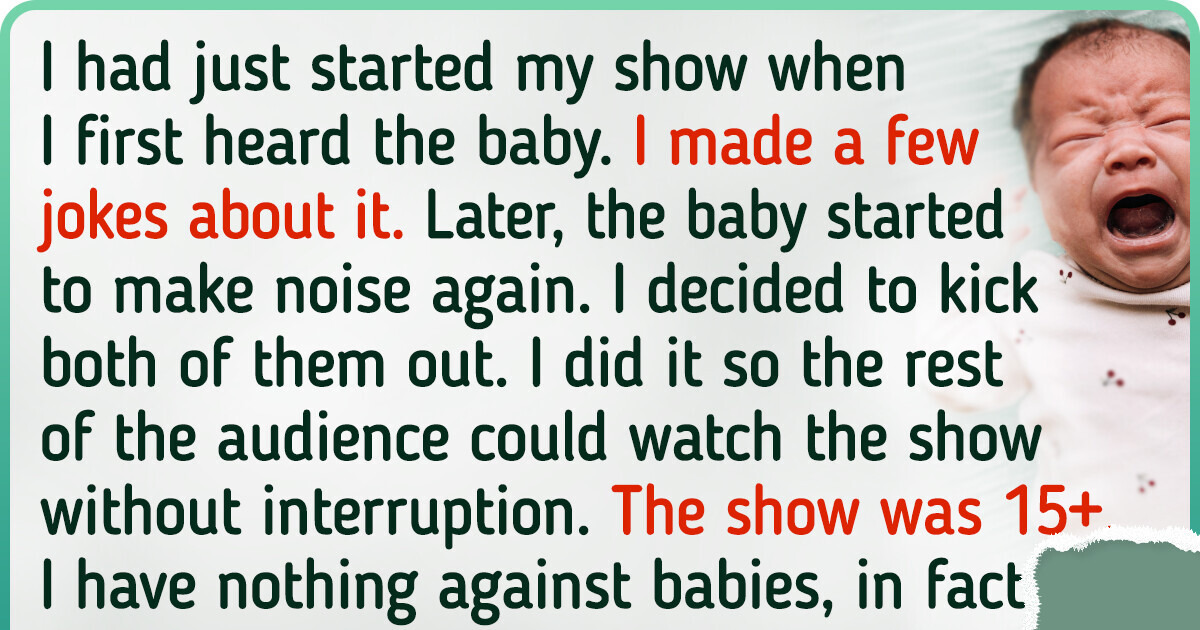
Comedian Arj Barker found himself in hot water recently after requesting a breastfeeding mother and her baby to leave his comedy show in Melbourne. The incident has sparked a debate about parenting, public spaces, and appropriate behavior.
Barker addressed the situation in a lengthy statement on his Instagram, titled “BabyGate: Let’s Clear The Air,” where he detailed his perspective on the matter. According to Barker, during his set, he heard a baby making noise a few rows away from the stage. Initially, he made light-hearted jokes about hoping the baby wouldn’t disrupt the show. However, when the baby continued to make noise, Barker decided to intervene.
In his statement, Barker explained that he approached the woman holding the baby and calmly informed her that the baby couldn’t stay. He emphasized feeling bad about the decision and offered her a refund as a gesture of goodwill. Barker justified his actions by stating that he made the decision on behalf of the other audience members, who deserved an uninterrupted show. He also pointed out that the ticket purchase site specified the show was strictly for audiences aged 15 and above.
Crucially, Barker clarified that his decision had nothing to do with the act of breastfeeding itself, as he supports public breastfeeding as a natural behavior. However, Trish Faranda, the mother who was asked to leave, expressed her embarrassment about the incident. While she understood the need to leave, she felt Barker’s approach was inappropriate and could have been handled more discreetly.
Trish Faranda candidly recalled her experience at Arj Barker’s comedy show, describing her daughter’s sounds and how she quickly pacified her with a feed. However, Faranda expressed more discomfort with how Barker approached her about leaving the show rather than the request itself. She reflected that a discreet, polite request off the microphone would have worked, sparing her the embarrassment of a public departure between audience reactions.
The incident has ignited discussions about the rights of parents in public spaces and the responsibilities of performers towards their audience. Some argue that Barker had the right to ensure an enjoyable experience for the majority of his audience, while others criticize his handling of the situation, suggesting it could have been resolved more carefully:
Ultimately, the “BabyGate” incident serves as a reminder of the complexities involved in balancing individual rights and shared experiences in public settings. It prompts reflection on how best to navigate such situations with sensitivity and respect for all parties involved.


